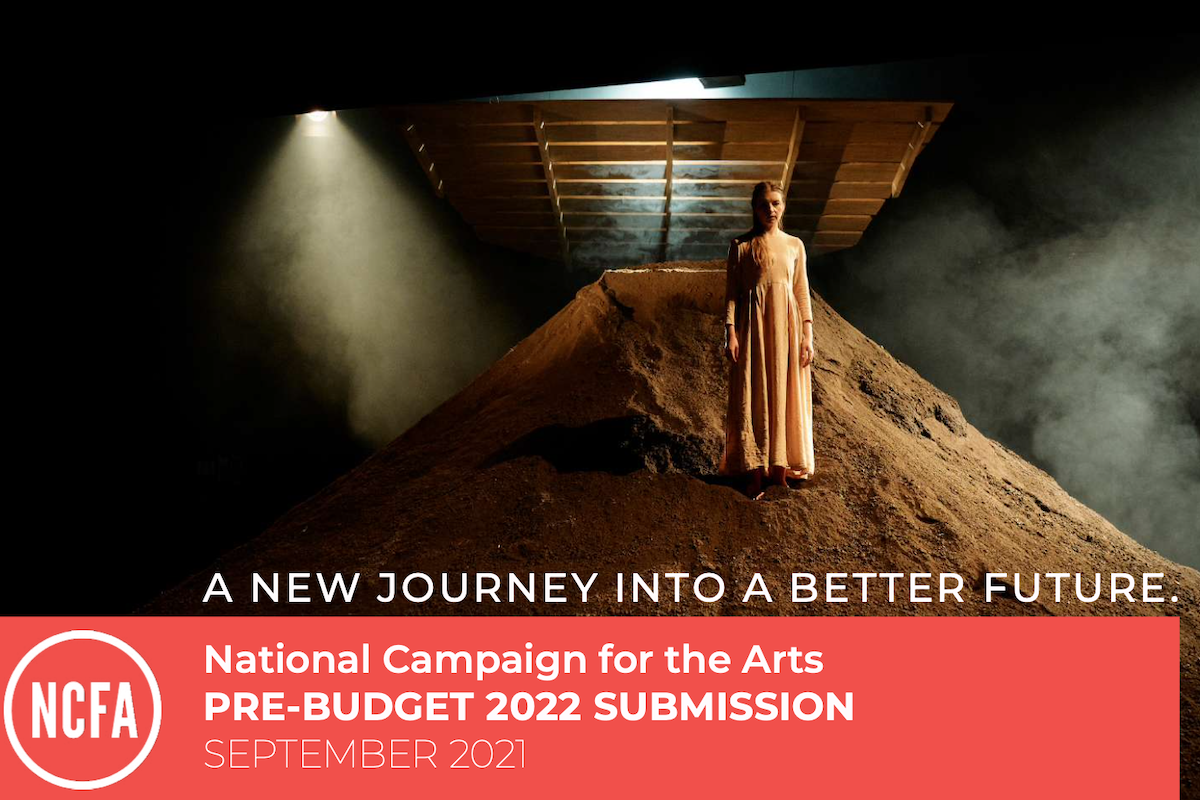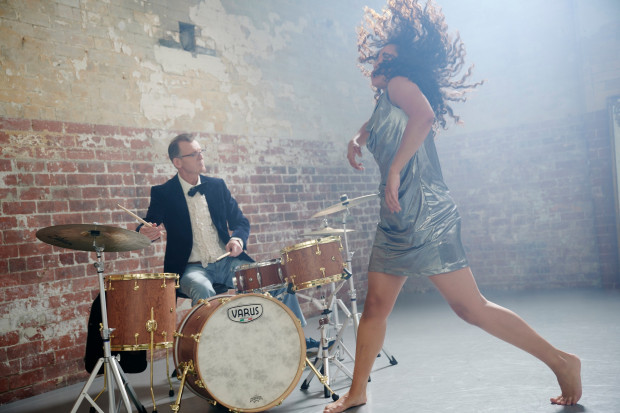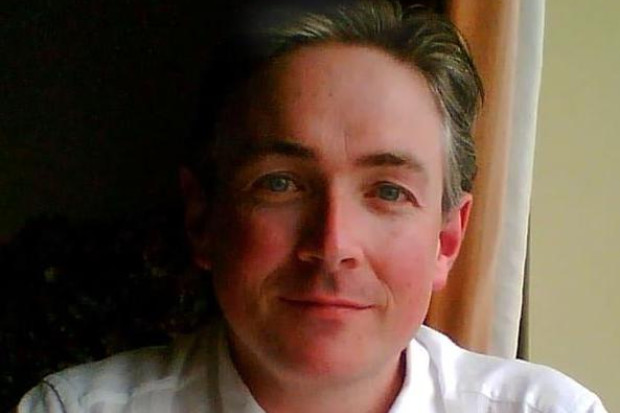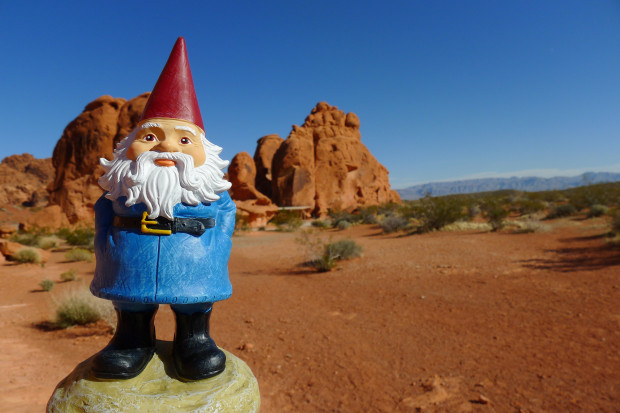
The National Campaign for the Arts pre-Budget 2022 submission, featuring a photograph by Ros Kavanagh.
'Golden opportunity for a renaissance moment': National Campaign for the Arts Seeks €150m for Arts Council
The National Campaign for the Arts has published its pre-Budget 2022 submission and will present it to the Minister for Arts Catherine Martin tomorrow (15 September).
The submission, titled ‘A New Journey Into A Better Future’, contains ten points, chief among them a call to increase funding to the Arts Council to €150 million in 2022, €20m more than 2021.
The NCFA committee says that increased Council funding is essential to help the arts recover after the pandemic:
Budget 2022 provides Government with the golden opportunity for a renaissance moment, to reset the pilot light for Ireland’s 55,000 artists, arts workers, and arts organisations… The ongoing Covid-19 restrictions mean that the arts sector will not reopen fully until small and large gatherings are permitted to full capacity, and research shows that the arts sector could take until 2024 to recover. Given that the Arts Council could only meet a portion of demands for support in 2020 and 2021, it is vital that last year’s increase becomes the new baseline for funding.
The NCFA is also seeking:
- an increase in funding for Culture Ireland to €7 million;
- the roll-out of the the Basic Income for Artists pilot scheme, which was announced in June;
- an extension of the Creative Ireland programme to 2027;
- ring-fenced arts spending for Local Authorities;
- tax incentives to increase private funding for the arts;
- insurance reform to make it more affordable for the arts sector;
- the establishment of a Creative Green programme to address the environmental impact of the arts;
- an action plan to address systemic barriers to equal participation in the arts; and
- new investment by the Department of the Arts in research into the arts sector.
In its introduction, the committee states:
It took the global pandemic to inspire a wider governmental and public understanding of the societal value of the arts… The limiting effects of necessary restrictions and lockdowns kickstarted the demystification of ‘the arts’, what the arts are, who they are for…
However, the committee argues that artists still face fundamental challenges to their livelihood:
At last analysis, two thirds of workers in the sector are earning less than €20,000 a year, 60% of artists and arts workers have neither health insurance nor private pension and 74% of performing artists and creative practitioners are reliant on another source of income. … The funded arts sector has always existed at the discretion of those who decide the pecking order of societal needs. It seems often forgotten that artists and arts workers do not live in a parallel society: they are as impacted by crises in health, housing, education, climate action and equality as all other citizens.
The submission has been shared with arts and culture spokespersons across all political parties.
The NCFA is a volunteer-led movement with a membership across the sector. The members of the steering committee are: Angela Dorgan (Chair), CEO of First Music Contact; Olga Barry, Director of Kilkenny Arts Festival; Eoghan Carrick, theatre and opera director; Tom Creed, theatre and opera director; Aileen Galvin, Managing Partner of Sync & Swim; Aideen Howard, Director of The Ark; Dr Georgina Jackson, Director of the Douglas Hyde Gallery of Contemporary Art; Cian O’Brien, Artistic Director of Project Arts Centre; and Liv O’Donoghue actor and dancer.
Read the full submission below. For more, visit http://ncfa.ie/

















